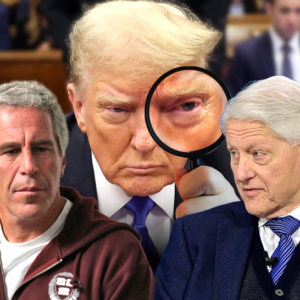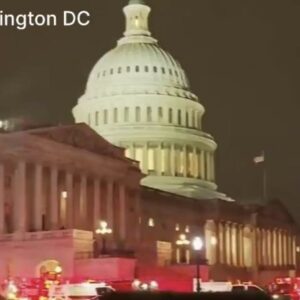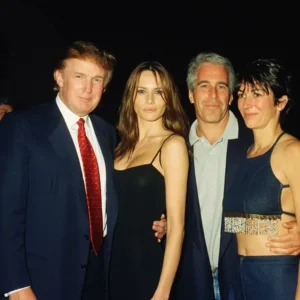Senate Republicans voted Tuesday evening to confirm over 100 of President Donald Trump’s nominees, clearing the backlog of pending appointments in a single move.The confirmations came after the Senate GOP changed its rules last month to allow most executive branch nominees to be approved as a group rather than individually. The change does not apply to Cabinet secretaries or judicial nominees, Politico reported.
The move represents the largest block of confirmations since the rule change took effect. Among those approved were former Republican Senate candidate Herschel Walker, who will serve as ambassador to the Bahamas, and Sergio Gor, former director of the White House Presidential Personnel Office, who will serve as ambassador to India.
Republicans invoked the so-called “nuclear option” — a party-line rules change — to speed up the confirmation process after months of Democratic opposition had slowed it to a crawl.
Some Republicans briefly considered allowing President Trump to make recess appointments, which would enable him to fill positions while the Senate was not in session. However, GOP leaders ultimately rejected that idea, citing concerns that it could backfire when their party is next in the minority.
The mass confirmation marks a major victory for Trump as his administration continues to fill key posts across the federal government amid ongoing partisan gridlock.
In September, Senate Republicans weighed changes to the chamber’s confirmation process as they faced a backlog of judicial nominations due to stall tactics by minority Democrats.
President Donald Trump had criticized Judiciary Committee Chairman Chuck Grassley (R-Iowa) for preserving the Senate’s “blue slip” tradition, which allowed home-state senators to weigh in on nominees and could effectively block their confirmation if the slips were withheld.
GOP lawmakers considered several proposals before a Wednesday meeting to speed up confirmations. According to The Hill, the leading option mirrored a Democratic plan floated two years earlier that would have permitted a single vote on as many as 10 nominees. Other ideas included sharply reducing debate time, making some nominations nondebatable, and cutting the required procedural votes.
Because rule changes required only a simple majority, Republicans could have acted without Democratic support. But such a move—described as a “nuclear option”—would have underscored the partisan nature of the fight. A GOP working group was tasked with hammering out the details, according to the report.
“Everybody had been talking through various options,” Alabama GOP Sen. Katie Britt, the leader of the group, said. “One of the things that that process did was empower the committee process.”
Britt mentioned she had been collaborating with Democrats to develop a suitable rules change. The group worked through some of the August recess to find a path forward for the remaining nominations.
Early last month, ahead of scheduled summer recesses, Senate Majority Leader John Thune (R-S.D.) announced he would keep the chamber in session for a weekend to push through some of Trump’s outstanding nominees, as Senate Democrats continued to stall the confirmation process.
The Senate had been scheduled to begin its traditional August recess on the 4th, but that plan was thrown into uncertainty as Democrats demanded roll call votes on even the most routine nominees. Trump had urged senators to delay their break, warning that his nominees should not be “forced to wait” any longer, Just The News reported.
The Senate did confirm one of the more high-profile nominees on the calendar — Jeanine Pirro, Trump’s pick to serve as Washington D.C.’s top prosecutor. The onetime New York judge, prosecutor, and Fox News host was one of more than 150 pending confirmations.
Pirro’s approval came just hours before the Senate left town, as negotiations to move a broader slate of nominees fell apart.
Lawmakers confirmed only seven of Trump’s picks before heading home for the remainder of August. A deal that would have allowed dozens more confirmations collapsed after talks between Senate Republicans, the White House, and Senate Minority Leader Chuck Schumer broke down.





